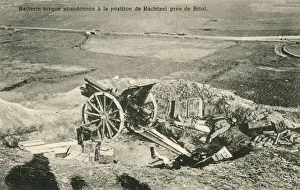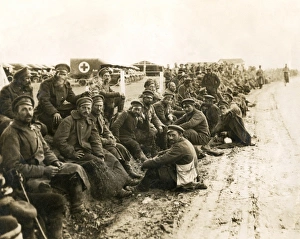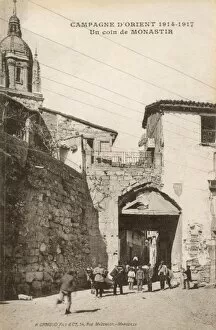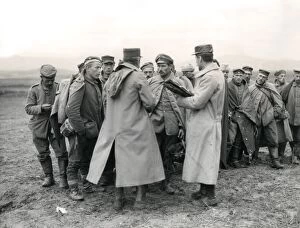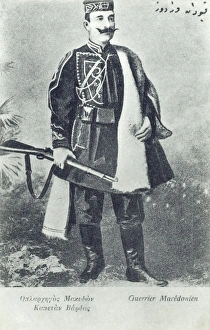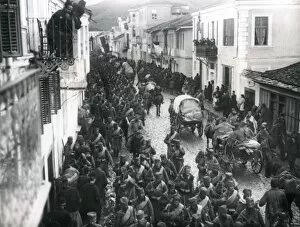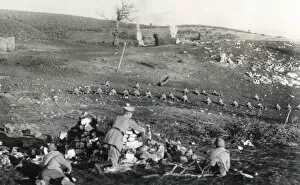Bitola Collection
Bitola, a city rich in history and cultural heritage, takes us on a captivating journey through time
All Professionally Made to Order for Quick Shipping
Bitola, a city rich in history and cultural heritage, takes us on a captivating journey through time. In the 19th century, this enchanting place was adorned with Turkish costumes that added vibrancy to its streets. A hand-colored wood engraving from around 1880 beautifully captures the essence of Bitola's past. The iconic Bitola Clock Tower stands tall as a symbol of the city's resilience and endurance. It witnessed the tumultuous events during the First Balkan War when an abandoned gun battery served as a reminder of battles fought for freedom. Venturing further into Macedonia, we stumble upon Bukovo, near Bitola - a picturesque village where water mills once thrived. These mills were not only vital for sustenance but also painted an idyllic scene against nature's backdrop. However, war has left its mark on this land too. Bulgarian soldiers captured in Monastir during World War I remind us of the sacrifices made by countless individuals who fought bravely for their nations' causes. Despite these turbulent times, life continued to flow through Bitola's streets. A street scene snapshot transports us back to everyday moments shared by locals and visitors alike – bustling markets filled with colorful displays and lively conversations echoing through every corner. Hill 1050, located north of Monastir in Macedonia, serves as another poignant reminder of wartime struggles endured by brave soldiers who valiantly defended their homeland against adversity. Bitola itself holds tales waiting to be discovered; it is more than just a name on maps or historical accounts. The craftsmanship of local tailors showcases their dedication to preserving tradition while adapting to changing times – stitching together stories woven within each thread they carefully sew. Turkish Officers Mess bears scars inflicted during conflicts that shaped this region's destiny - reminders etched onto walls like silent witnesses guarding memories long gone but never forgotten. World War I brought yet another chapter in Bitola's story.




